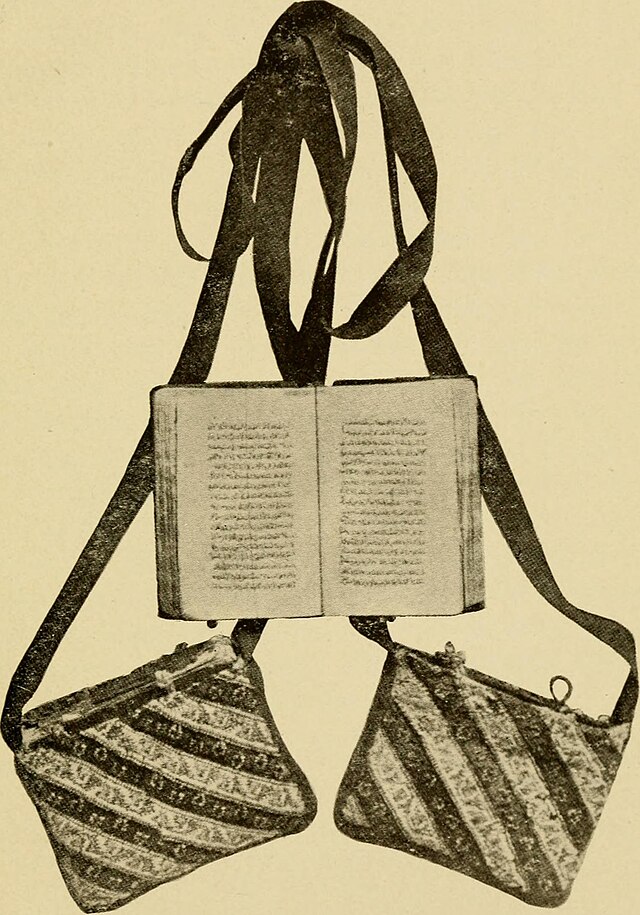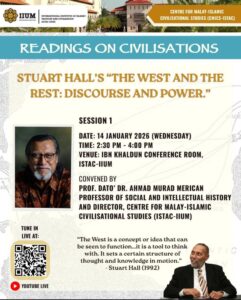Assessing the Theological Intelligence of ChatGPT-4.5 on the Concept of Free Will in the Qur’an

Author (s) : Mohammad Javad Rezaei1 ; Mohammad Esmaeel Ghasemi Toosi2
Institution : 1 Postgraduate, Researcher in the philosophy of science and AI, Ferdowsi University of Mashhad, Iran 2 Assistant Professor of University of Mazandaran, Iran
Category : Article, IJJMU
Topics : Free Will; Computational Theology; AI Theology; The Hermeneutics of AI; Philosophy of AI
The architecture of modern research methodologies can take shape as a computational approach, interacting with artificial intelligence. This involves a collaborative inquiry into a specific issue in which the level of intelligence demonstrated by natural language processing (NLP) models is evaluated. This study addresses the issue of human free will in the Qur’an and evaluates the theological intelligence and
capabilities of ChatGPT-4.5 across four distinct models and levels. These levels are as follows: Linguistic Layer (LIL): At this level, key terms such as free will, human will, decision, determinism,
and divine will are identified and analyzed. A statistical examination of the frequency and distribution of these terms and their related concepts in the Qur’anic text is conducted. Conceptual Layer (COL): In
this layer, related concepts of human and divine will are explored, and a semantic network is mapped. Analytical Layer (ANL): Here, AI analyzes the tensions and contrasts between divine determinism and
human free will, providing an intertextual resolution. Systemic Layer (SYL): The final layer designs an interaction model that clarifies and resolves the reciprocal relations, leading to a comprehensive and
applicable understanding of the relationship between human free will and divine will. Methodologically, the study uses a digital library as its source base and computational prompting techniques to engage the
language model. The content is structured within the emerging field of Computational Theology, which encodes theological problems for systematic investigation. The findings indicate that ChatGPT-4.5
demonstrates a high level of accuracy in analyzing the question of free will in the Qur’anic context
Article can be downloaded here >> https://ijmmu.com/index.php/ijmmu/article/view/6871/5488








